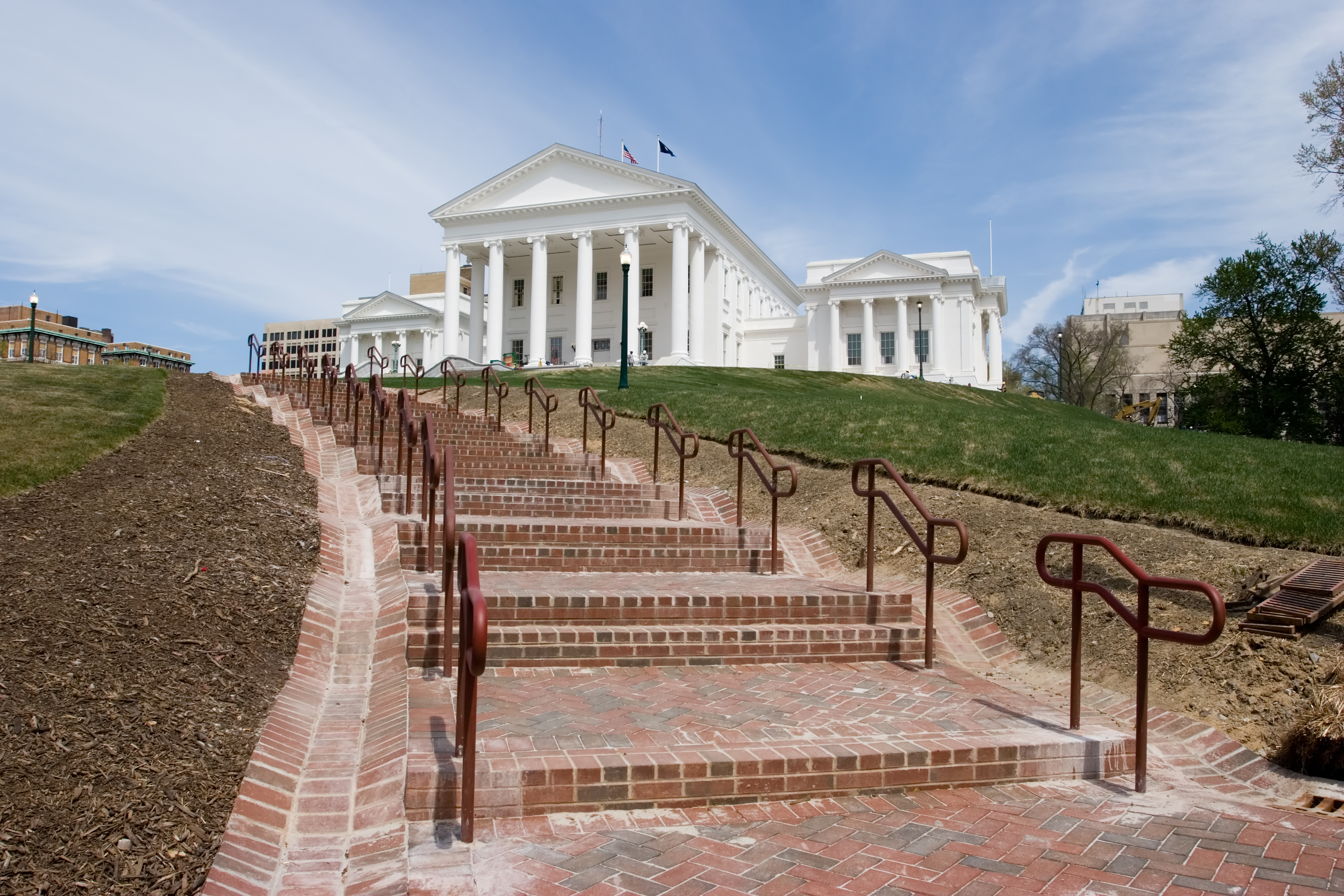
Virginia Gov. Glenn Youngkin has unveiled a proposal to exempt tips from Virginia's state income tax, potentially putting more money back into the pockets of hundreds of thousands of workers.
The proposed tax break is part of a broader initiative by the Youngkin administration to lower the cost of living for Virginia residents. Since taking office, the governor claims to have delivered over $5 billion in tax relief. (Youngkin's term ends on January 15, 2026 and he cannot seek reelection, so 2025 is a key election year in the Commonwealth.)
This latest measure targets workers who receive tips in jobs and echoes a no-tax-on-tips proposal floated by now-President-elect Trump and then-Democratic presidential nominee Vice President Kamala Harris during the 2024 election campaign.
So, will taxes on tips end in the Commonwealth of Virginia? Here’s what you need to know.
Youngkin proposes no tax on tips in VA
Under Youngkin's initiative, Virginians who receive tips as part of their income could claim these gratuities as a deduction on their state tax returns.
- If passed, the exemption would apply to various service industry professionals, including restaurant workers, hair stylists, and hotel staff.
- The governor's office estimates this tax relief could cost approximately $70 million annually and benefit around 250,000 workers.
- To prevent abuse, the Virginia Department of Taxation would reportedly verify deductions using IRS data and information reported by employers on W-2 forms.
Proponents argue that ending tip taxes in Virginia will stimulate local economies by increasing workers' disposable income. The idea is that with more money to spend, some of these employees might contribute to greater economic activity.
“By removing tips from taxable income, it will directly increase the take-home pay of hundreds of thousands of Virginians and give them more buying power, which in turn will improve financial stability, stimulate local economies, and honor the value of their hard work,” Youngkin said in a release.
It’s worth noting that the proposal has garnered support from key industry groups, including the Virginia Restaurant Lodging & Travel Association. In statements to the press, the association has expressed that the plan would provide welcome relief to hospitality and restaurant workers.
However, the proposal will need approval from the Democrat-controlled General Assembly, and its fate would be uncertain as part of Youngkin's larger budget bill. For example, some lawmakers could oppose the measure because of concerns about its impact on state revenue or overall tax fairness.
The IRS rule on tips
It’s important to note that Youngkin’s proposal is a state-level initiative. While not taxing tips at the federal level has gained favor, eliminating that tax would require Congressional approval when Trump’s long tax wish list is expected to balloon the federal deficit further.
Despite what would seem to be obvious benefits, some economists have raised the potential loss of federal revenue as a primary concern with no tax on tips proposals.
For example, The Committee for a Responsible Federal Budget estimates that exempting tips from income and payroll taxes could result in a federal revenue shortfall of $150 billion to $250 billion over the next decade.
Others say that not taxing tips could exacerbate the national debt and strain government resources. And then there's an argument that the no taxes on tips policy may not effectively target those who need it most. (For more information, see Should Taxes on Tips Stay or Go?)
In the meantime, under current IRS guidelines, tips received by employees are considered federal taxable income. That includes cash tips, tips received via credit or debit cards, and the value of non-cash tips like tickets or other items.
- Employees are required to report all cash tips to their employer if the total tips for the month exceed $20.
- Employers then withhold income taxes, as well as Social Security and Medicare taxes, based on both wages and reported tips.
- Additionally, service charges are treated by the IRS as regular wages and are subject to the same tax withholdings.
Also, tips currently remain subject to state income tax in Virginia.
Virginia car tax
Youngkin is also pushing for a car tax relief program in the Commonwealth that would provide tax credits to middle-class residents.
- Single filers earning less than $50,000 and joint filers earning under $100,000 would be eligible.
- Tax credits would range from $150 to $300, potentially benefiting around 2.4 million Virginians.
- The $1.1 billion initiative is designed to reduce the financial burden of car ownership and address what Youngkin calls the "most hated tax."
The proposal has sparked discussion among local government officials, weighing the potential impact on municipal revenues. While a complete elimination of the car tax seems unlikely, Youngkin views this plan as a step toward providing tax relief for Virginia residents.
The program is designed to be a temporary measure, with initial funding allocated for three years and an estimated ongoing annual cost of $360 million.
When does Youngkin's term end?
It's worth noting that Youngkin's term as governor ends January 15, 2026. Under Virginia law, governors are limited to a single four-year term and cannot seek consecutive reelection.
So, Youngkin won't be on the ballot for the upcoming gubernatorial election scheduled for November 4, 2025.
Candidates, including Democrat Rep. Abigail Spanberger and Republican Virginia Lt. Gov. Winsome Earle-Sears, are emerging as front-runners for their respective party nominations.
In the meantime, Youngkin's proposal is set to be part of his budget amendments presented to the General Assembly. Lawmakers can consider and debate it when they reconvene in January.
As discussions unfold, many will closely watch how this initiative might reshape Virginia's tax landscape and impact service industry workers across the Commonwealth.







